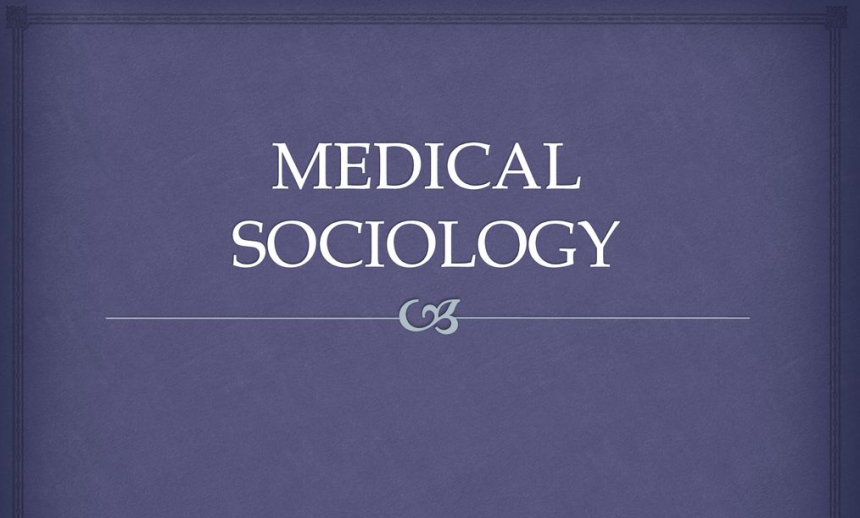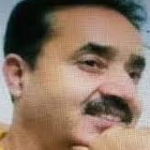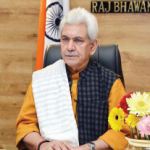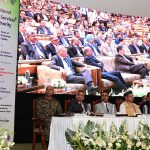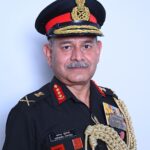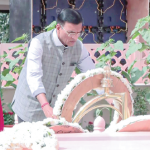DOCTORS OR ROBOTS
The recent unfortunate incidents held in Jammu and Kashmir have raised serious concerns about the relationship and trust between doctors and the larger public. In two alarming incidents, one at the Government Medical College (GMC) Jammu and another at the SMHS Hospital Srinagar, relatives of patients attempted to assault doctors over treatment disputes and patient deaths.
Violent acts are completely unacceptable in any civilized society and must be addressed with legal action. However, it also highlights a deeper issue that security arrangements alone cannot solve this emerging social issue. These incidents reflect the growing crisis of social disconnect in healthcare, indicating a failure in social empathy and mutual understanding between medical professionals and the communities they serve.
Doctors in Jammu and Kashmir, like in the rest of the country, are well-trained in diagnosing diseases and applying clinical protocols. The recent incidents between doctors and attendants have highlighted a doctor’s struggle to manage the emotional and social expectations of patients and their families. A grieving or frustrated family might interpret a doctor’s calm demeanor as indifference or arrogance.
In emotionally charged settings like hospitals, especially in culturally and politically sensitive areas like Jammu and Kashmir, misunderstandings can easily escalate. These situations show not only a failure of security or infrastructure but also a lack of training, particularly in social communication.
The lack of sociological understanding in the medical education system is one of the critical blind spots that need urgent attention. Sociology is the only discipline that provides essential tools for understanding how individuals and groups behave in different social situations, how emotions are socially constructed, and how people develop the expectations from experts of different institutions, such as doctors.
Doctors with sociological knowledge would be better equipped to handle emotional distress, reasons for unexpected behaviour, manage expectations, and communicate as per the nature and understanding of the people.
In the recent unfortunate events at GMC Jammu and SMHS Srinagar, a deeper understanding of social behaviour and emotional expression might have helped de-escalate the anger and frustration of the public towards the doctors. A doctor equipped with social intelligence certainly contributes to building trust of the public and preventing the development of conflictual relations between doctors and the public.
Medical education in Jammu and Kashmir, however, remains heavily focused on the technical and medical aspects of care. While these are undeniably important, they do not prepare future doctors to function in real-world environments where treatment outcomes are as much about human connection as clinical precision.
Without the knowledge of sociological dimensions of health and illness, doctors may emerge from their training as highly competent professionals but emotionally and socially unprepared to handle the communities they serve. This current situation of doctors is dangerous—not only because it undermines the therapeutic relationship, but also because it contributes to the growing perception of doctors as impersonal, robotic figures.
This dehumanization of the medical profession could have far-reaching consequences. In an age where Artificial Intelligence is increasingly capable of diagnosing illnesses, interpreting scans, and even suggesting treatment protocols, the only thing that keeps human doctors indispensable is their ability to connect with patients at a human level.
If doctors lack this emotional and social intelligence, they become easier to replace. It is their social intelligence—their ability to listen, empathise, and respond to human suffering—that gives them enduring relevance, even in a future shaped by machines. The risk we face now is the rise of technically excellent but emotionally hollow doctors who cannot understand the societal context of their work. In such a scenario, the line between human caregiver and algorithm becomes dangerously thin.
Introducing sociology as a core component of medical education can change this trajectory. Teaching future doctors to understand societal structures, cultural expectations, and emotional behaviour would not only improve the doctor-patient relationship but also equip them to function more effectively in the unique social environment of Jammu and Kashmir. A sociologically equipped doctor is not just a medical expert but a communicator, mediator, and, most importantly, a social being who can read both charts and silences.
The recent attacks on doctors must not be dismissed as isolated acts of violence. They are symptoms of a deeper erosion of trust and a reflection of the emotional and cultural disconnect in healthcare. Strengthening hospital security is necessary, but it is not enough. We must also strengthen our doctors—not just with knowledge, but with empathy and social insight. If we fail to do so, we may find ourselves surrounded by doctors who act like machines—efficient, precise, and emotionally vacant. And in such a future, replacing them with actual machines would not be difficult.
In Jammu and Kashmir, where emotions run high and institutions operate in a complex social context, our doctors must be more than just clinicians. They must be compassionate human beings who understand that healing is not just a biological process, but a deeply social one. It is time to recognize that medical science alone cannot save lives—the science of society must accompany it.
(The Author is an Assistant Professor of Sociology at UILS, Chandigarh University, Punjab)




